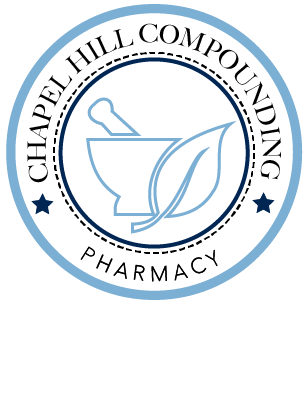Dentistry
Trips to the dentist do not have to include unnecessary anxiety or discomfort.
For a variety of reasons, a trip to the dentist can occasionally be met with some apprehension.
The culprits are ingrained into our culture – the ominous whirring of a dentist’s drill, the shiny steel of sharp instruments. Tooth pain or not, some patients simply cannot get past the anxiety associated with dental work.
One of the best tools to fight these fears is pharmacy compounding. Compounded medications can lessen the physical discomforts involved in a trip to the dentist and help ease the patient’s anxiety.
Compounding is the art and science of preparing customized medications for patients. In recent years, compounding has experienced a renaissance as modern technology and innovative techniques and research have allowed more dentists and other healthcare providers to work with pharmacists to customize medications to meet specific patient needs. Due to its variety of patients, dentistry is an ideal arena for compounded medications. From an eight-year-old getting a cavity filled to an 80-year-old getting fitted for dentures, each patient is unique and may benefit from custom-compounded medication.
Working closely with a compounding pharmacist, a dental practitioner can prescribe medications for:
Procedural anxiety
Pain relief
Dry socket treatments
Fluoride treatments
Gum disease
Plaque removal
Oral ulcers and lesions
Canker sores
TMJ
Bruxism
Tooth whitening
Unique Dosage Forms
As with many medical treatments, the therapeutic options available to dentists can be limited. Some patients may not respond well to standard medications. Compounding enhances the acceptability and application of medications through its ability to customize dosage forms.
Some nauseated patients or those who cannot swallow a pill may receive the medicine through a gel rubbed into the skin.
Patients who suffer from needle anxiety may receive a topical anesthetic to allow for painless dental injections.
Other creative solutions for medication problems may include liquids, pastes, lip balms, or even lollipops.
Flavored Medication
One obvious challenge with dental-related medication is the involvement of the taste buds – some dental rinses, solutions and gels have an unpleasant flavor. A compounding pharmacist can help the medicine taste better without changing its vital properties and performance. For instance, a bitter pain reliever can be enhanced with chocolate flavor to make it taste better, and children will be glad to take a topical oral anesthetic if it’s delivered through a cherry-flavored lollipop.
From cosmetic medications like bleaching gels to unique formulations to treat oral ulcers or gum disease, compounding can have benefits for all areas of dental medicine.
A caring dental practitioner working closely with a compounding pharmacist can provide the compassionate, customized care a patient deserves.
Compounded medications can help dental patients smile again! Ask your dentist or our pharmacist about personalized compounding today.

